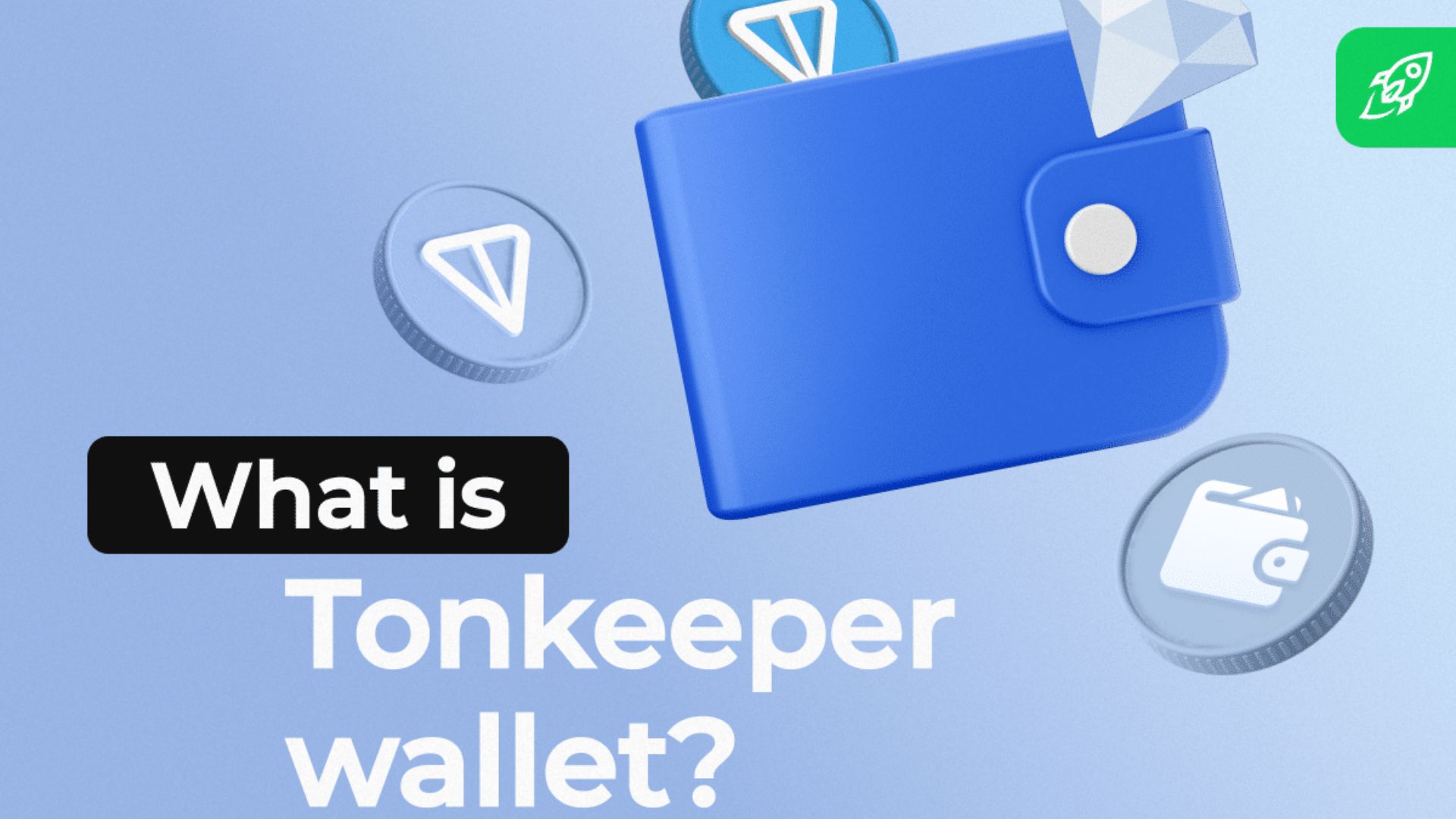Crypto Index Funds: How to Invest in Them and What They Are?
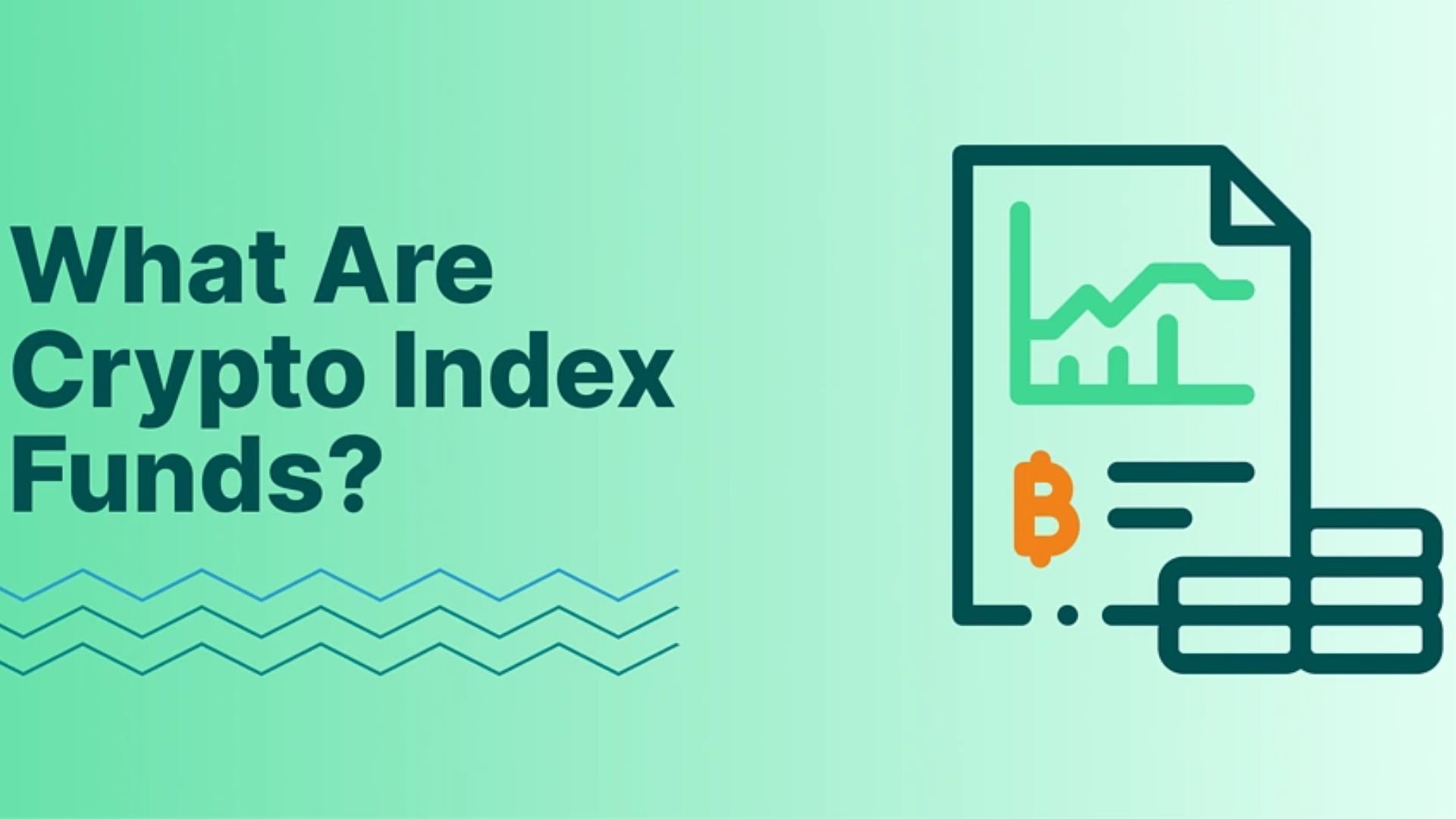
Crypto Index Funds: How to Invest in Them and What They Are? Rare are the traders who invest in just one cryptocurrency out of the many listed on asset trackers. Diversified portfolios allow traders to act on their research and personal convictions by spreading their investments across many assets. However crypto index funds provide a simpler approach to investing in a variety of crypto assets simultaneously, rather than picking and choosing which ones to buy and how much to put into each one.
Understanding Crypto Index Funds
An assortment of several cryptocurrencies plus a metric to measure their success over time make up a crypto index. A crypto index, in its simplest form, is an investment vehicle that monitors the value of a selection of digital currencies. To illustrate the point, consider a crypto index that follows the twenty most popular cryptocurrencies.
An investment vehicle that spreads money around according to a predetermined index is known as a crypto index fund. Crypto index funds allow investors to purchase a variety of these monitored assets simultaneously. As an illustration, a crypto index fund that tracks the 20 most popular cryptocurrencies would allow an investor to purchase all 20 of these assets simultaneously, with the fund determining the amount to invest in each asset. In the end, crypto index funds aim to minimize losses and potentially enhance gains by purchasing a mix of assets at a smart ratio.
Cryptocurrency index funds are nothing new; they’re also prevalent in the traditional financial markets. By investing in an FTSE 100 index fund, one can track the performance of one hundred blue-chip businesses listed on the London Stock Exchange, as measured by an index like the FTSE 100.
How Do Crypto Index Funds Work?
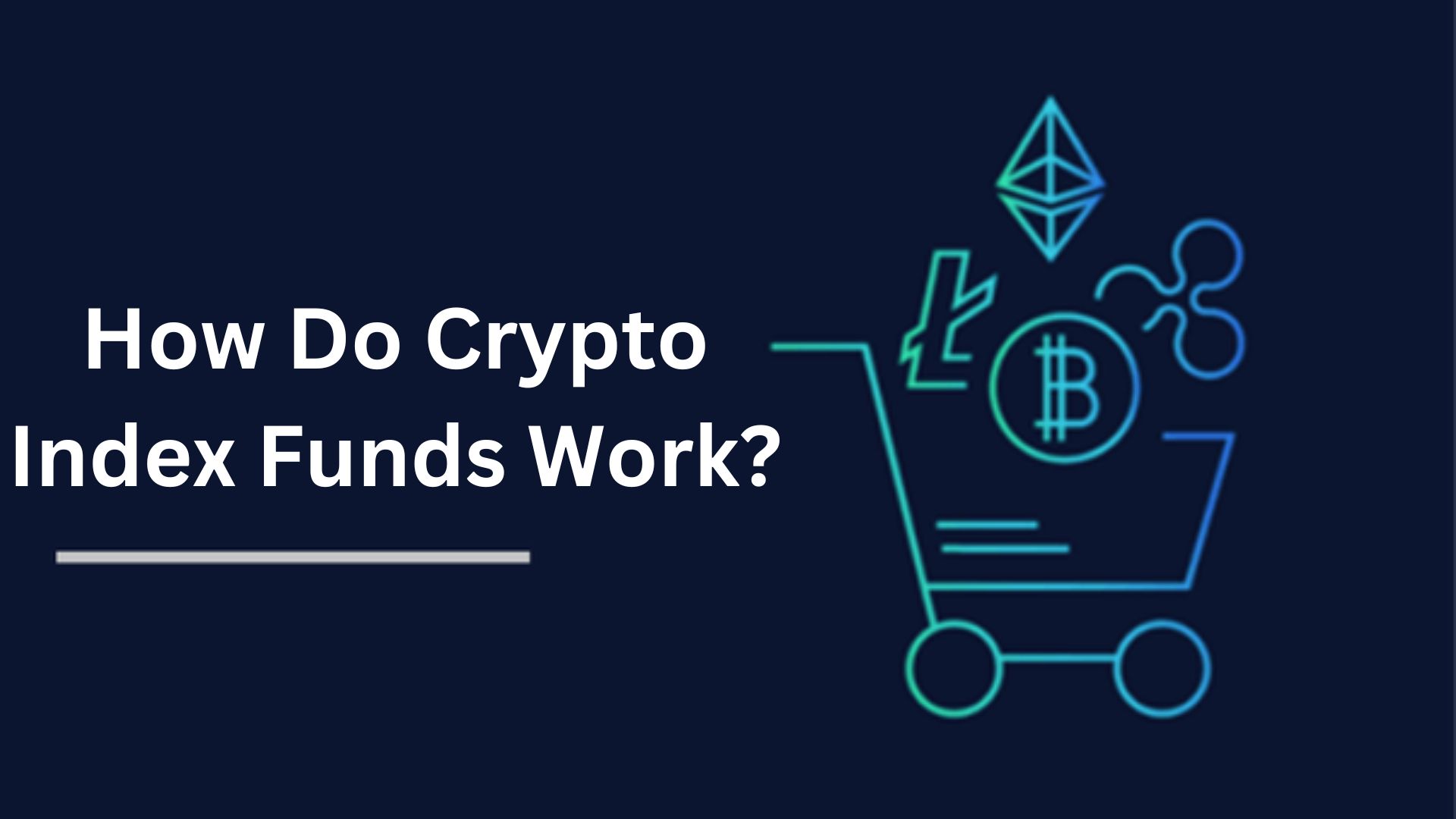
Crypto index funds professionalize diversification for average investors. Crypto index funds buy a diverse array of crypto assets rather than a random basket. An investor makes one investment, and the index fund administration distributes it across the index’s cryptocurrencies.
Crypto indices utilize many weighting schemes like stock market indices. Some crypto indexes track the performance of crypto assets by assessing the market capitalization of each asset and allocating investments accordingly. Other cryptocurrency indices are weighted by price. Price-weighted cryptocurrency indexes diversify capital by asset value. That is, they can invest more in the item with the highest or lowest price. This price represents the index’s known performance, which it tracks.
The index fund calculates a share value based on stake costs and profits. Share price fluctuates with index performance. The Bitwise 10 crypto fund index was $18.34 at press time. Similar to crypto asset prices, an investor who invested $18.34 would acquire one share of the tracked assets. So Bitwise controls and automatically diversifies this investment. Crypto index fund managers must decide which assets to add or eliminate. Redistributing asset weights is necessary to make or sustain a profit.
Benefits of Crypto Index Funds
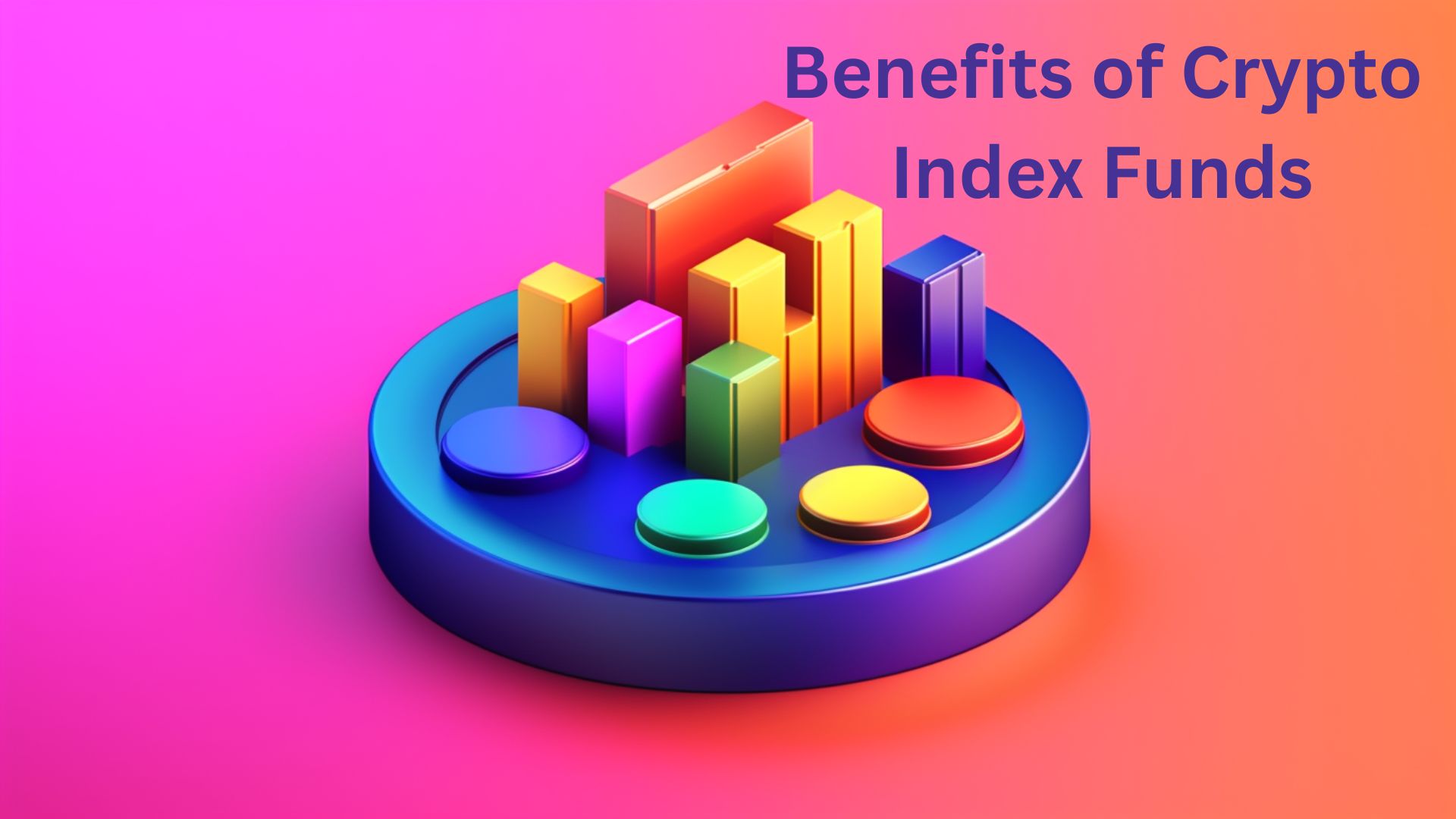
One possible way for the average investor to get into the cryptocurrency market is through crypto index funds. Among the many advantages of crypto index funds as an investment vehicle are the following:
Diversification
With their volatile values, cryptocurrencies are among the riskiest investments. Crypto index funds help investors diversify and reduce crypto market risk. A diversified portfolio will be less affected by one asset’s index fluctuations. Diversification—especially through crypto index funds—may not be as beneficial as buying a single asset when one asset’s bad performance cuts into another’s earnings. Even when one basket asset performs poorly, the other assets may be less affected by market forces, making this strategy more beneficial.
Professional Fund Management
The majority of crypto index funds boast that their administration, traders, accountants, and investors have extensive knowledge of the cryptocurrency industry and are specialists in weighted diversification. Instead of you handling all of the money on your own, a team of committed specialists will be formed to handle the funds of the users. In addition, investors are spared the sometimes-tedious tasks of researching, monitoring, and managing their investments because crypto index fund operators do all of that.
Liquidity
Crypto index funds let investors diversify their holdings, which in turn increases the opportunity for other crypto assets to benefit from the money that comes into the field. Crypto index funds make it easy for investors to buy and sell cryptocurrencies. They open up crypto assets to more people, which attracts additional investment capital. Investing in an index fund that follows the asset (or assets) of interest could save time and effort compared to buying individual cryptocurrencies through various centralized and decentralized exchanges. More markets for crypto assets are created by this simplified money movement.
Disadvantages of Crypto Index Funds
Despite these advantages, crypto index funds aren’t without their drawbacks. Crypto index funds have several drawbacks that investors should be aware of:
Lack of Control
When an investor puts their money into a crypto index fund, they are essentially putting their faith in the index fund operator. The investors have no say over the operators’ investment management, which is a key factor in determining the venture’s success or failure.
You run the risk of losing money if the operator doesn’t know their stuff when it comes to the space. Also, the legal environment and operational characteristics of the various crypto assets that make up a crypto index fund are very distinct from one another. Because of this, the index fund’s performance is vulnerable to sudden shifts in certain sectors, which may significantly affect the performance.
Lack of Liquidity
Since the assets that make up a crypto index have varied levels of liquidity, the fund manager faces significant challenges when trying to purchase and sell them. The operator of the index fund may encounter difficulties in rebalancing or completing full sales and acquisitions if any or all of the index’s assets are not very liquid. The crypto index fund’s total performance could be impacted by the slippage induced by the low liquidity. Before you put your money into a cryptocurrency index, make sure the assets in it are easily liquid.
Location
Although crypto index funds simplify the process of investing in various crypto assets, not all investors can access the same crypto index funds. Some crypto index funds may be unable to operate in specific regions, or the operator of those funds may have chosen to exclude those areas on purpose. Investors should therefore thoroughly investigate the geographic availability of their preferred cryptocurrency index fund.
How To Choose An Index Fund

You should think about the following before choosing a cryptocurrency index fund to put your money into:
Asset Under Management (AUM)
An index fund’s assets under management (AUM) are a record of the value of those assets, which reveals the amount of money that investors have put their faith in the fund. Because many people put their money into it, an impressive AUM is a sign of a trustworthy index fund.
The performance of the fund can also be gleaned from these figures. An approach could be to monitor the increase of the AUM, which would indicate the level of investor interest in the index fund. The value of the assets in the index’s portfolio may be declining, or investors may be dissatisfied and pulling away if the AUM is continually falling. In any case, this highlights the necessity for additional comprehensive research on the index fund. Meanwhile, an index fund is considered healthy if its AUM is rising consistently.
Composition
Some assets are tracked by index funds. There are instances where certain indicators (such as the top 20 cryptocurrencies) link these assets. The index fund may use other criteria to choose these assets on subsequent occasions. The conviction or inclination of investors regarding these assets may vary in either scenario. Hence, before putting your money into an index fund, make sure you know what the fund is made of and learn as much as you can about the assets that make it up.
Methodology
It is also important to understand how an index fund is calculated. Everything from rebalancing frequency to asset selection and proportion is included. Index methodology for determining correct crypto asset prices and market caps, as well as a methodology for additional network distributions such as emissions, airdrops, and staking rewards, are all possible supplementary components.
Returns
Seeing how the index fund has done historically is also crucial. You should research the index fund’s price history and overall health before investing in it, just as you would with any other type of financial instrument. While testimonials from existing investors could be useful here, you can find proof of a trustworthy index fund’s returns regularly in their publicly available documents. When reviewing these records, consider the gains and losses over time to guide your selections. The long-term viability of these returns should also be carefully considered.
How To Invest In A Crypto Index Fund

Considering making your way into investing in crypto index funds? Here’s how to start;
Research And Choose Your Fund
Do your homework on the various crypto index funds that are now available. If you have an index fund in mind, you could want to evaluate it using the criteria we discussed previously. Bitcoin Cash, Ethereum, Litecoin, Polygon, XRP, and the Bitwise 10 crypto index fund are just a few of the popular cryptocurrencies that this fund follows. Index Several cryptocurrency funds are available on eToro’s Smart Portfolios, including one crypto index fund from Coop that follows the index of leading DeFi project coins.
If you want to know what percentage of Bitcoin is in the Bitwise 10 crypto index fund as of November 2023. You can find that kind of information in official publications—then you can make an informed decision. Create an account on the platform when you’ve settled on an index to invest in.
Fund Your Investment Account And Purchase An Index
The following steps, after deciding on an index fund and operator, are to deposit funds into your account and buy shares in the fund. To the extent that an investor purchases shares in an index fund, they will have the same right as any other investor to a portion of the fund’s assets according to their investment amount and weight.
Monitor Your Investment
You should now regularly monitor the index fund you bought and its manager to ensure success. Index fund operators manage AUM by rebalancing their index to change the weight of their assets. Observing the index and its movements can aid investors. Monitor results and consider rearranging assets to cut losses or maximize gains. If necessary, hire an expert to examine the index fund’s performance before making any judgments.
Crypto Index Fund vs. ETFs
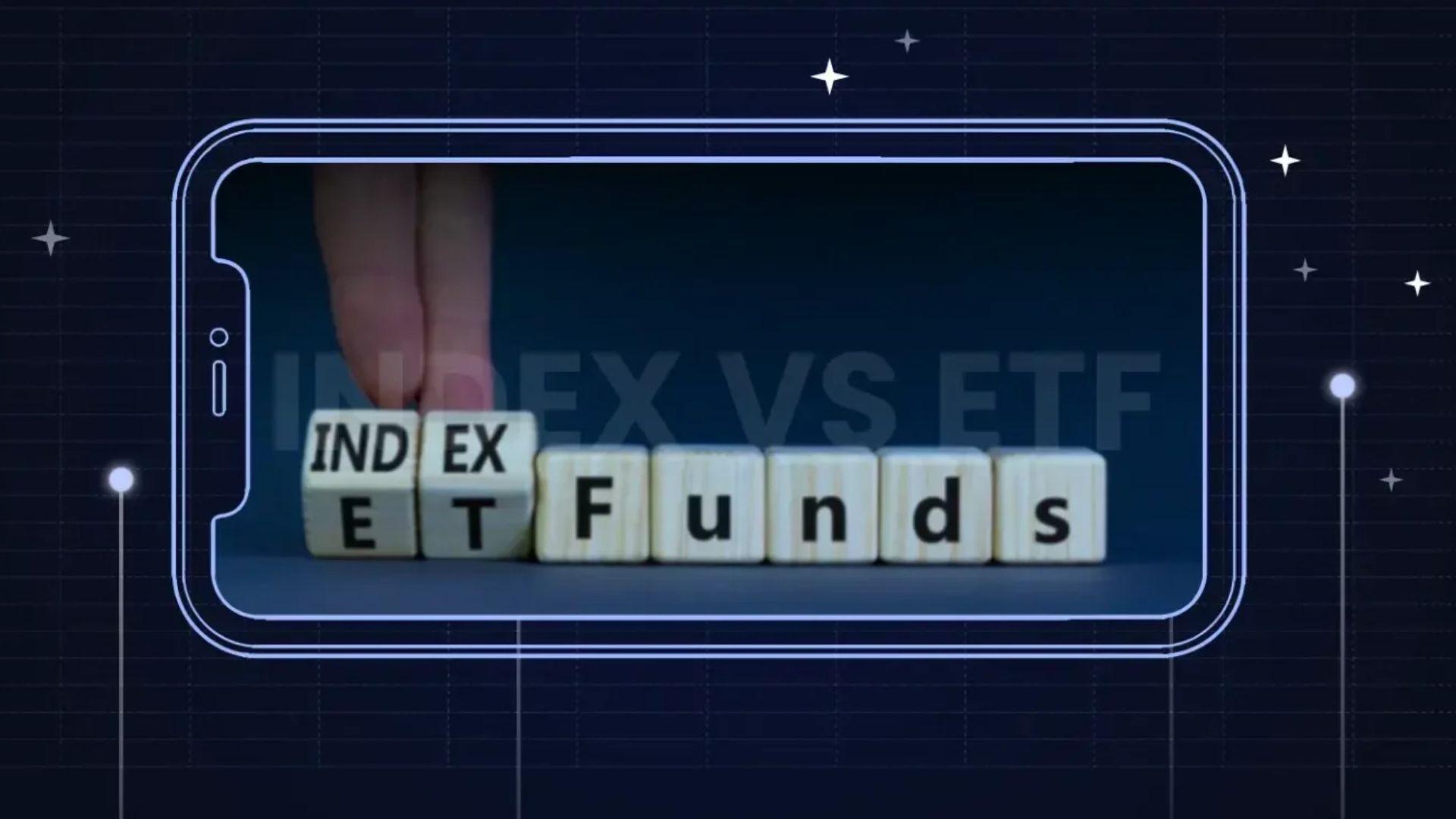
ETFs, like index funds, allow investors to buy a diversified portfolio at once. They give investors access to a variety of well-picked assets for the cost of one investment by combining resources. Exchange-traded funds (ETFs) work like stock and cryptocurrency markets; customers can buy them directly from exchanges without a broker. Alternatives include buying index funds directly from fund managers, which require a platform account.
ETFs can be bought and sold whenever the market is open, while index funds are cleared in bulk at market closing. Thus, index fund purchase and sale orders are fulfilled using the Net Asset Value (NAV) at the end of each trading day. ETFs allow investors to buy one share, but index fund managers decide the minimum. ETFs are easier to trade than index funds due to their purchasing and selling methods.
Conclusion
Among the many investment strategies available, crypto index funds are only one. As the value of crypto assets fluctuates, index funds and regular investors in crypto index funds can both benefit from diversifying their holdings in the same way. Investors who want to jump into cryptocurrency investing but want a plan are also catered to. We have covered the benefits and drawbacks of this technique as well as how to use it, but one important step is to do your homework on the crypto index funds that are out there before you choose one.
Although index assets may do well, the quality of fund management is also crucial. Consequently, you should dig further into the index fund operator’s background and reputation to see how successfully they handle investments in various market conditions. Please keep in mind that the purpose of this post is purely informative on crypto index funds and should not be construed as a recommendation for your financial situation. Do not put your money into anything without first conducting your study.





